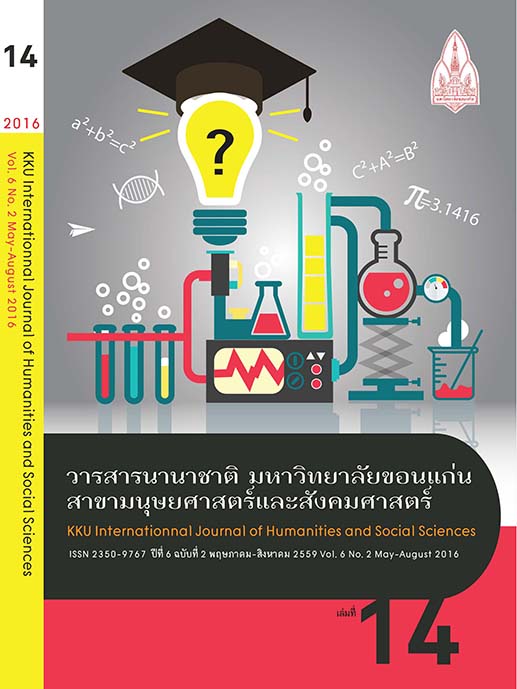Logo, Pathos and Ethos in David Cameron’s Political Speech: A Rhetorical Analysis
Main Article Content
Abstract
Effective rhetoric involves us with the drama of the present by providing
convincing explanations of what is right and wrong and convinces us that
the speaker is both better and stronger than his or her opponent (Jonathon
Charteris-Black, 2005). Successful politicians are always capable of combining
rhetoric with spoken words to convey their political opinions and persuade their
audience to accept their ideas. As one of the most renowned politicians in the
contemporary world, the British Prime Minister David Cameron is by no means an
exception. His language of leadership enjoys worldwide reputation for its powerful
communication of political ideology yet it is rarely studied. Drawing on the insight
from Aristotle’s classical three means of persuasion, namely logos, pathos and
ethos, the paper evaluates the rhetorical strategies employed in one of David
Cameron’s most significant and historic political speech delivered before the
voting on Scottish independence referendum, aiming to illustrate that rhetorical
analysis helps to reveal the speaker’s intention and goal of persuasion. Also,
the paper demonstrates the relationship between rhetoric and persuasion and
sheds light on a rhetorical approach to the enhancing of writing and speaking
for language learners.


